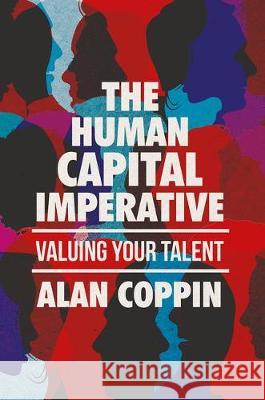The Human Capital Imperative: Valuing Your Talent » książka
The Human Capital Imperative: Valuing Your Talent
ISBN-13: 9783319491202 / Angielski / Twarda / 2017 / 271 str.
"Alan Coppin is a rare individual. His experience and insight span private and public sectors, charities, and the Armed Forces. The vital importance of human capital is the thread which has bound all this together. His book is a rich gold mine of data, research, wisdom and anecdote."
--Sir Gerry Grimstone, chairman of Standard Life, deputy chairman of Barclays, non-executive director of Deloitte and lead non-executive director at the Ministry of Defence
In this new book Alan Coppin, a leader with extensive cross-sector experience, draws on discussions with leaders in the public and private sectors, as well as from charities, the military and trade unions to offer you the ideas and practical applications that have proved effective in ensuring human capital is properly valued and managed.
Most business decisions are based on lag data - historical reporting of what happened last month, last quarter or last year. It's solid, real and comforting. Unfortunately, it's also not a very good indicator of what might happen next. The best lead data - information with genuine predictive power - comes from understanding your people and what they can deliver.All major organizations claim that people are their greatest asset and yet, at the first sign of problems, the first action they take is to fire people. Why, because employees are also an organisation's biggest liability in terms of cost - and their cost is much easier to quantify than their value. But, like any asset, human capital will only deliver its full value if it is properly understood, measured and managed.The author offers you the tools you need to take the issue beyond the HR department and satisfy the number crunchers in the boardroom. With their help, you can make human capital part of the normal financial metrics essential to running a successful organisation. Isn't it time you understood and managed the metrics that can predict your organization's future rather than relying on those that simply report on its past?











